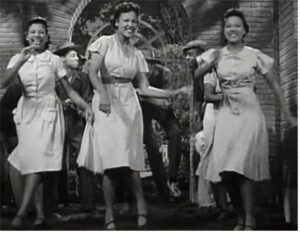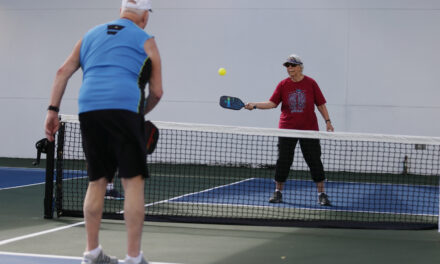Dorothy Dandridge began her career early in life, singing in a duo with her older sister Vivian, billed as the Wonder Children. Their mother, Ruby, left her husband before Dorothy was born and took up a romantic relationship with Geneva “Neva” Williams (also known as Eloise Matthews and “Auntie Ma-ma”), who trained and brutally disciplined the girls while Ruby worked as a cook. Based in Cleveland, the Wonder Children toured the South, making a healthy income at Black schools and churches, but Dandridge was denied a proper education, and was illiterate in her early years. 
She learned to quickly memorize information to cover her struggles, and this skill served her well as an actress. At this time, Dandridge became aware of racial segregation and grew to understand her mother’s wish for the girls to become something other than domestic servants. Work dried up for the sisters when the Great Depression hit America, so Ruby moved the family, including Williams, to Hollywood in pursuit of stardom. Ruby, herself, was cast in bit roles, while her daughters continued to polish their act, adding Etta Jones to the group and renaming it the Dandridge Sisters in 1934. The three girls found success, including performances at the Cotton Club and the Apollo Theater in New York City, and by the following year, at age 13, Dandridge was hired for her first uncredited appearance on the big screen in an Our Gang short, titled TEACHER’S BEAU. The Dandridge Sisters were also cast in a number of films in the late-1930s, including the Marx Brothers’ A DAY AT THE RACES (1937), leading up to Dandridge’s first credited solo role in FOUR SHALL DIE (1940). The following year, in 1941, Dandridge was featured in the popular musical SUN VALLEY SERENADE, which reconnected her onstage with the man who would become her first husband, Harold Nicholas, of the Nicholas Brothers—the two had previously met at the Cotton Club and were married in 1942.




